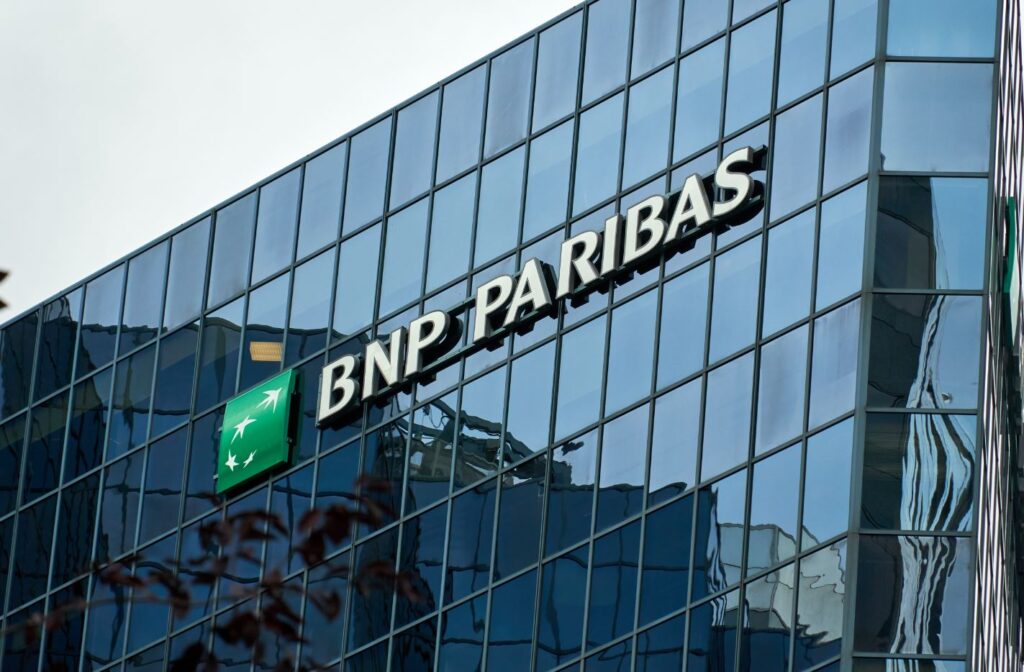BNP Paribas cautioned investors on Friday as debt-trading bonanza that increased its earnings this past year was not likely to continue while signalling the worst of worldwide coronavirus catastrophe was over for its loan book.
However, the eurozone’s largest listed bank struck a more optimistic note for 2021, saying it expected that it’s cost of risk, which reflects provisions for bad loans, to fall compared to 2020 as the prognosis improves in the second half.
Another side-effect of the Covid-19 outbreak was a surge in fixed income trading industry, given an increase in earnings from the fourth quarter, however, BNP Paribas cautioned that this amount of market action was unlikely to last in 2021.

Movehut has an extensive array of investment properties in London.
The Paris-based bank said earnings in its institutional and corporate banking firm rose 6.9% in the quarter as fixed-income, commodities and currencies (FICC) trading earnings jumped by 22%, mirroring earnings among its international rivals.
“FICC is unlikely to experience the same magnitude of revenues that it generated in 2020 on the back of exceptionally intense client activity”, BNP Paribas said in a statement.
Even though BNP Paribas has profited from the global pandemic, fulled by market volatility, it’s also grappling with the financial chaos triggered by the coronavirus. It will be bracing for repayment issues by putting aside more funds from loans that may turn sour, echoing the experience of competitions like Spain’s Santander.
Its cost risk, which reflects poor loan charges, climbed by 65.5% to 1.59 billion euros ($1.9 billion) from the previous quarter of 2020 versus a year before.
Although net profit dropped 13.9% to 1.59 billion euros, it is a less sharp fall than analysts anticipated. BNP Paribas said its cost of risk should fall this year.
Earnings at BNP Paribas, whose stocks were up more than 2% in early trading, dropped by 4.5% to 10.83 billion euros which were broadly consistent with expectations.
“This set of results continue to confirm the resilience of the group’s profitability and balance sheet, as well as the benefit of the diversification,” Citi analysts said in a note.
During its equity and prime services unit, traditionally a brawniness, earnings fell by 4.5%, underperforming nearly all of its rivals that got a rise in share trading in late 2020.